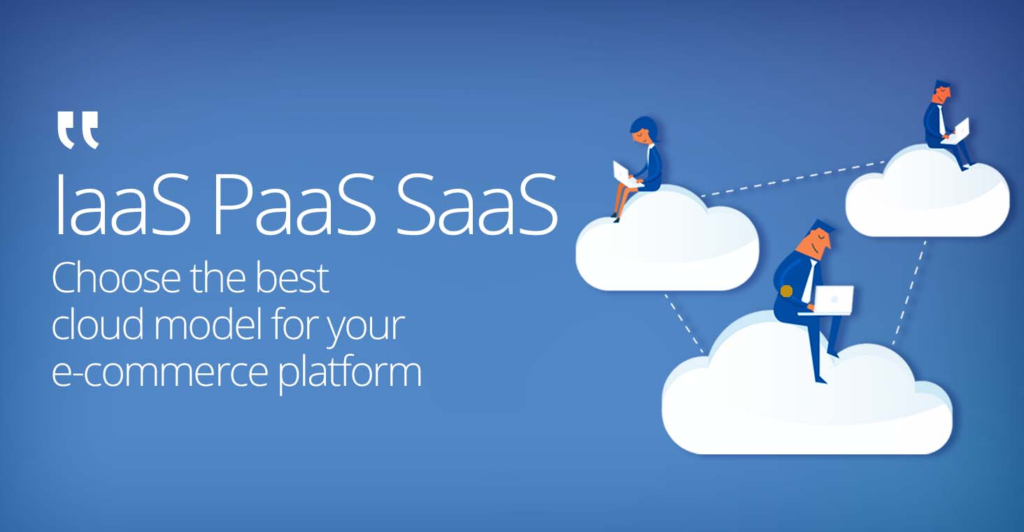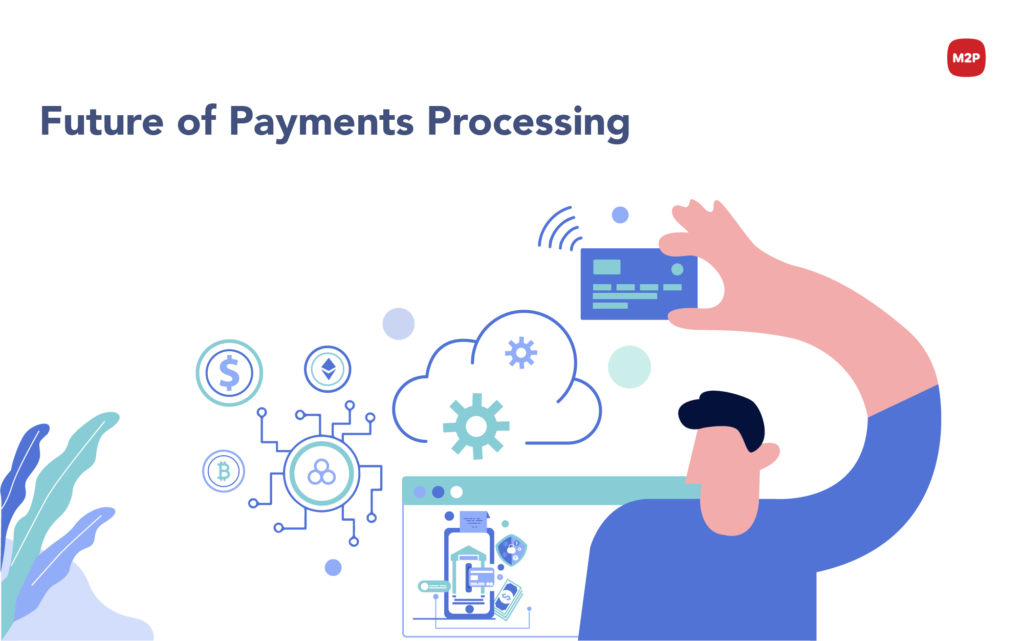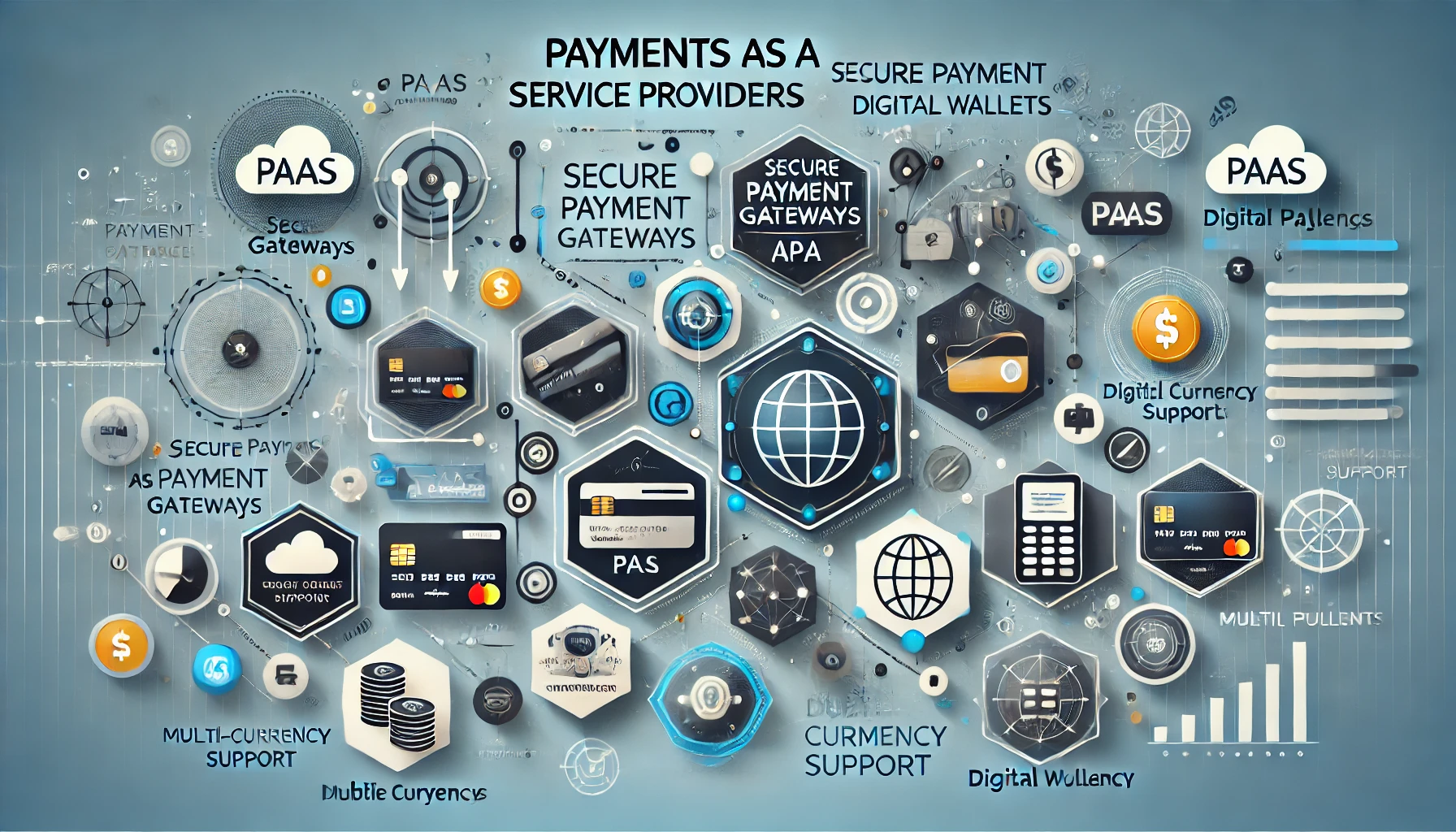AUTHOR : BABLI
DATE : 13/12/23
Introduction

In today’s rapidly evolving digital landscape, Payments as a Service Providers[1] have emerged as game-changers for businesses seeking seamless, secure, and scalable payment solutions. These providers empower enterprises to leverage sophisticated payment infrastructure without the need for complex development or heavy upfront investment[2]. From enabling businesses to accept multiple payment methods to ensuring compliance with regulatory standards, Payments as a Service Providers[3] deliver comprehensive solutions tailored to meet the dynamic needs of modern commerce. By integrating advanced technologies, they simplify payment processes, enhance user experiences, and pave the way for a truly cashless ecosystem[4].
The Evolution of Payment Services
Traditional Payment Systems
In the not-so-distant past, transactions[5] were primarily conducted through cash or checks. This conventional method posed limitations in terms of speed and accessibility.
Rise of Digital Transactions
With the advent of technology, digital payment methods like credit and debit cards gained prominence. This shift paved the way for more efficient and faster transactions.
Understanding Payments as a Service (PaaS)
Payments as a Service refers to a comprehensive solution that allows businesses to outsource their payment processes to third-party providers. PaaS providers offer a range of services, including payment processing, security protocols, and seamless integration with various platforms.
Key Features of PaaS Providers

Seamless Integration
PaaS providers offer solutions that seamlessly integrate with diverse business platforms, ensuring a smooth and hassle-free payment experience for both businesses and customers.
Enhanced Security Measures
Security is paramount in the digital payment landscape. PaaS providers implement advanced security measures, including encryption and fraud detection, to safeguard sensitive financial information.
Scalability and Flexibility
PaaS solutions are designed to be scalable, adapting to the evolving needs of businesses. This flexibility ensures that businesses can grow without facing constraints in their payment infrastructure.
Benefits of Adopting PaaS Solutions
Streamlined Transactions
PaaS providers streamline the payment process, reducing complexities associated with traditional methods. This leads to quicker and more streamlined transaction processes.
Cost-Efficiency
By outsourcing payment processes to PaaS providers, businesses can achieve cost-efficiency, eliminating the need for extensive in-house infrastructure and maintenance.
Enhanced Customer Experience
The user-friendly interfaces and efficient payment processing offered by PaaS providers contribute to an enhanced overall customer experience
PaaS in E-Commerce

Simplifying Online Transactions
PaaS solutions play a crucial role in simplifying online transactions, providing a seamless experience for customers making purchases on e-commerce platforms.
Expanding Global Reach
For e-commerce businesses eyeing global expansion, PaaS providers facilitate transactions in different currencies, breaking down barriers to international trade.
Challenges and Solutions
Security Concerns
While the digital landscape presents security challenges, PaaS providers address these concerns through robust encryption and constant monitoring for fraudulent activities.
Integration Complexity
Some businesses may face challenges in integrating PaaS solutions. However, providers offer extensive support and documentation to ease the integration process.
Future Trends in Payments

Blockchain Technology
The integration of blockchain technology is poised to further enhance the security and transparency of transactions in the PaaS ecosystem.
Contactless Payments
With the rise of contactless technology, PaaS providers are adapting to offer seamless and secure contactless payment options.
Choosing the Right PaaS Provider
Assessing Business Needs
Businesses should carefully evaluate their specific needs and goals before selecting a PaaS provider to ensure compatibility.
Examining Security Protocols
Security should be a top priority. Businesses must choose PaaS providers with robust security protocols to protect sensitive customer information.
Real-world Applications of PaaS
Small Businesses
PaaS solutions empower small businesses by providing cost-effective and scalable payment solutions, leveling the playing field with larger competitors.
Enterprise Solutions
For larger enterprises, PaaS offers the flexibility and security required to handle high volumes of transactions and diverse business operations.
Success Stories: Businesses Thriving with PaaS

Case Study 1: Transformation in Retail
A retail business witnessed a significant transformation with the adoption of PaaS, streamlining their payment processes and enhancing customer satisfaction.
Case Study 2: PaaS Empowering Startups
Startups leverage PaaS solutions to establish a robust and secure foundation for their payment processes, contributing to their growth and success.
The Role of Artificial Intelligence in PaaS
Fraud Detection
Artificial intelligence plays a crucial role in PaaS by enabling advanced fraud detection mechanisms, ensuring secure transactions for businesses and customers.
Personalized Customer Experiences
AI-driven analytics allow PaaS providers to offer personalized insights, contributing to a tailored and engaging customer experience.
PaaS Regulations and Compliance
Data Protection Laws
PaaS providers adhere to data protection laws, ensuring that customer information is handled with the utmost care and compliance.
Industry Standards
Compliance with industry standards is a priority for PaaS providers, contributing to the overall trustworthiness of their services.
Conclusion
In the era of digital transformation, Payments as a Service Providers play a critical role in shaping the future of commerce. By offering robust and scalable payment solutions, they help businesses of all sizes streamline their financial transactions, improve operational efficiency, and deliver superior customer experiences. As businesses look to stay competitive in a cashless world, partnering with reliable Payments as a Service Providers is no longer an option—it’s a necessity. Their expertise not only simplifies payment processes but also drives innovation, making them indispensable allies in the modern economy.
FAQs
- What are payments as service providers?
Payments as a Service Providers are third-party companies that offer end-to-end payment solutions to businesses. They enable enterprises to accept, process, and manage payments seamlessly through integrated platforms, eliminating the need for in-house payment infrastructure. - How do payments as service providers benefit businesses?
By partnering with Payments as a Service Providers, businesses can access cutting-edge payment technologies, enhance transaction security, reduce operational costs, and focus on core activities. These providers also ensure compliance with regulatory requirements and improve customer satisfaction with smooth payment processes. - What services do Payments as a Service providers typically offer?
Payments as a Service Providers offer a range of services, including payment gateway integration, fraud detection and prevention, multi-currency processing, real-time analytics, and support for various payment methods like credit/debit cards, UPI, and digital wallets. - Are payments as service providers secure?
Yes, Payments as a Service Providers implement advanced encryption protocols, tokenization, and PCI-DSS compliance to ensure secure transactions. They also continuously monitor for fraud and provide businesses with tools to mitigate payment risks. - Can small businesses benefit from payments as service providers?
Absolutely! Small businesses can use Payments as a Service Providers to scale quickly without investing in complex payment infrastructure. These providers offer flexible, affordable solutions tailored to the specific needs of small and medium enterprises.





